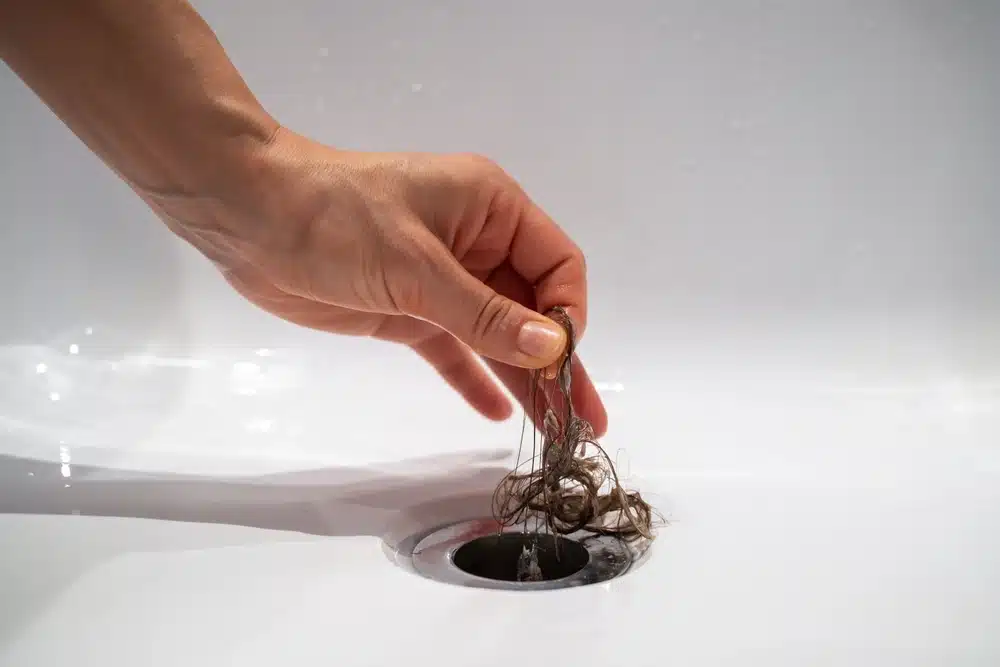Some coronavirus survivors have experienced hair loss weeks after suffering from the illness. It has been found that some survivors have noticed hair loss in large clumps around one month after fighting coronavirus.
One survivor, Grace Dudley, 30, from Romfrod, Essex, had spent almost two weeks in hospital after contracting Covid-19, begin to notice her hair falling out in clumps roughly one month after being discharged from the hospital.
How can Covid-19 cause hair loss?
Hair loss related to Covid-19 is believed to happen due to the body fighting the virus. When the body experiences stress, physical or mental, including stress caused by illness the hair follicles being to shut down in a bid to conserve energy for essential functions. Stress can lead to Telogen Effluvium, a medical condition that leads to hair loss.
It is also thought that other factors related to the virus, including having a continuous high temperature could be linked to hair loss.
What is telogen effluvium?
Telogen Effluvium is a shedding condition that is often triggered by stress. The condition often causes larger portions of hair loss where the hair typically falls out in clumps. Telogen effluvium causes a change in the hair growth cycle where the hair follicles will remain in the rest/shedding phase for longer and new growth will be paused. Over time this will cause hair to shed faster than it can grow – causing hair loss and hair thinning.
Will everyone experience hair loss after Covid-19?
There is currently no official research that proves hair loss is a side effect of Covid-19, and because of this, there is also no official number to highlight how many people have experienced it as a side effect.
However, Louise Barnes, of Suffolk founded an online ‘Post Covid Syndrome Support Group’ which has around 2,600 members. A survey Barnes posted found that between 30-40% of the members of the support group, including herself, had experiences hair loss.
Will Covid-19 hair loss be permanent?
It is unlikely that hair loss thought to be a side effect of Covid-19 will not grow back. In most cases, telogen effluvium hair loss, and stress-related hair loss often grows back when the hair growth cycle normalizes, however, this can take some time.
If you are suffering from hair loss and would like more information on if you should consider hair restoration treatments please contact our hair loss specialists today for a no-obligation consultation.


